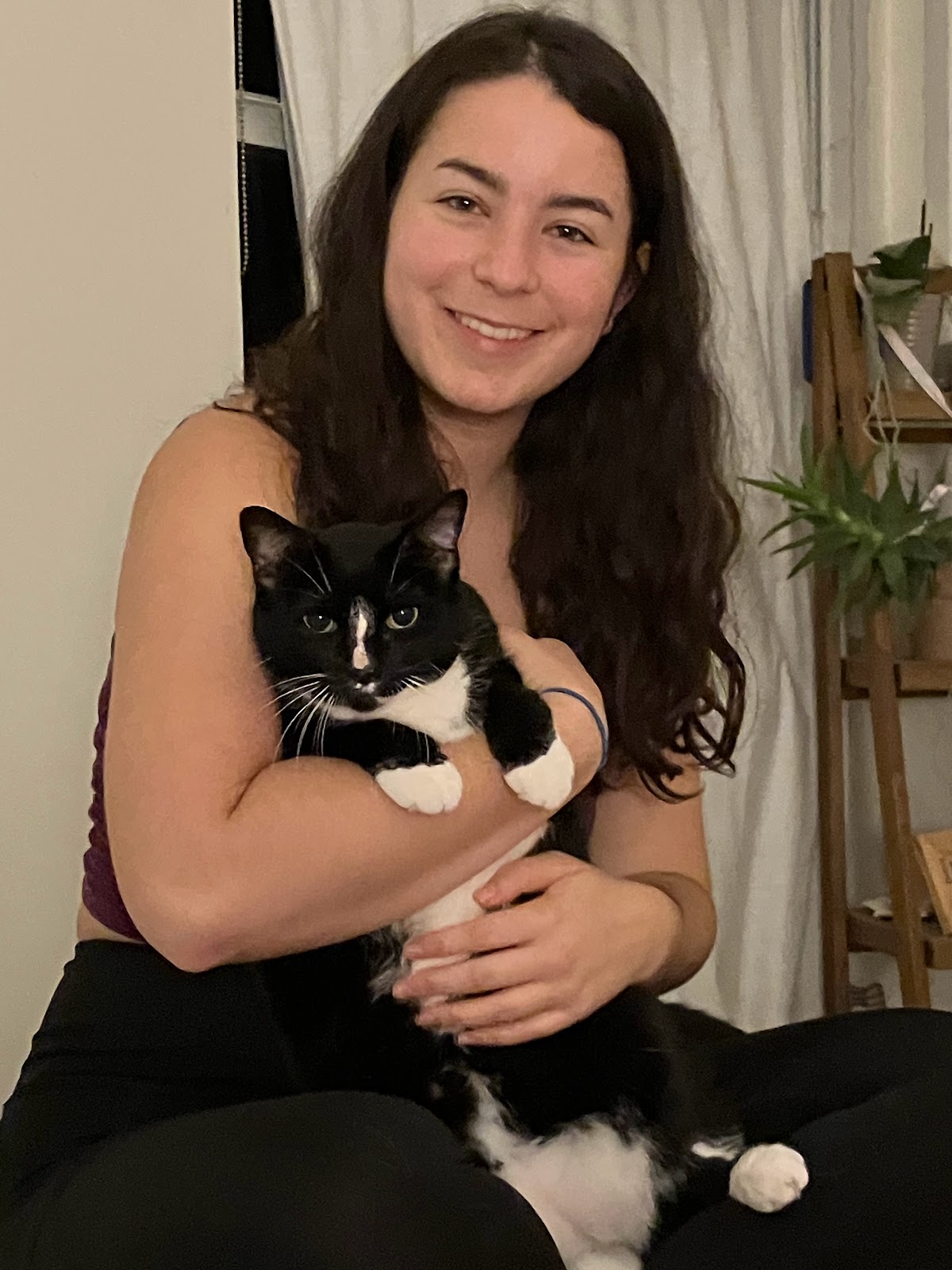A holiday
party...
This weekend I
attended a holiday party.... not my favorite activity, as I
have recently become mostly a hermit outside of work. I am not sure if it
is post-covid, post-sick child in the house, or what, but other than work I mostly hunker down at my house happily, and with necessity.
And
yet, I did go out to this holiday party...I
did it.
While there I
watched two three-year old boys interact together with their parents. I
sat comfortably watching as this is my home base. Watching children play
is my all time favorite activity. They were fighting over the cars they
were riding. Their parents kept talking, trying to help the children come
to a solution. They were talking over their children. They were loud, offering ideas and suggestions without any listening or
pausing. Their children couldn't hear them, they were in their own
conversation. Suddenly they stopped fighting - somehow an agreement had been reached. They both
rode away in opposite directions, taking off from each other. Riding
happily into the sunset you could say, but wait – their parents were not done helping them! They kept speaking to their children saying, “Share this, do that, we will set a timer…”on and on they went. “What was happening?” I wondered. Did they
not see and hear that the children had found a solution on their own? Did
they not agree with their solution? As I thought about this I realized what
message they are giving the children: “You can't make solutions
on your own; the adult solutions are better, matter more. You don't have a voice here.”
Do we as
parents realize the messages we give our children at times? How do we have the
time to reflect on what we say or do as parents moving in a busy world? Do we
stop and listen to our words? Do we look
at our children and really listen? When are we quiet?
Later, my
daughter told these parents, "My mom is
really good with children, you might want her advice." God bless our
children. I would have never spoken up, but she said, "Mom, I couldn't take it any longer!" May she remember this when she has her own children.
So the parents
turned around and asked me to help when the next fight began. I
hesitated, not knowing one set of parents well; I didn't want to overstep
my boundaries. At the same time I couldn't resist. One child was on
the bike trying to pass the other child. The blocking child positioned
his body so the biking child could not pass. I said with compassion and
patience, "Oh no, he wants to get by, where can you put your legs so he
can pass?" The blocking child moved
his legs so his friend could pass. I then said, "You found a solution.
You moved your legs and he biked on by, you are a
solution finder. High five!” and we high fived each other celebrating our success.
The parents stood there and we all felt ridiculous in a way. They asked, "How
did you get him to move his legs so easily?" These words though simple, are
harder when we are emotionally invested in our children. Especially in
social settings, we want our children to share and look good in front of
others. I think for some of us it defines the way we see ourselves as
parents and how we think others will view us. It adds to our self worth
and the way we value ourselves and as a result we react differently in these
social settings. We place pressure on our children to behave and act a
certain way when we are around friends and company.
I assured these
parents that I have had over 20 years of practice, read multiple books,
listened to millions of podcasts, and engaged in millions of
conversations with children, colleagues, and
families. I have learned from all of these experiences.
The simplest
explanation I could offer is that I gave power to the children. I was not
the solution finder, the children were. I added vocabulary to assist them, basically
stating the problem and offering an idea for a solution. I am not timing
them as I will not follow them through life with a timer. They need to do
this on their own. Listening is key, I suggested. We say so much
more than we need to.
We love our children and we over talk to them, coming from this place of love. I said nothing
more. I needed to back down, I could sense this in the room. Yet I
couldn't help but feel a sense of pride as I glanced at my daughter in the
corner. She smirked as if saying to the whole room, "Yeah, that's my
mom and she's awesome." So if we want our children to be problem solvers
that we can be proud of, back up, listen, and
maybe one day you too will find yourself in a social setting with your child
proud of you from the corner of the room.



Comments
Post a Comment